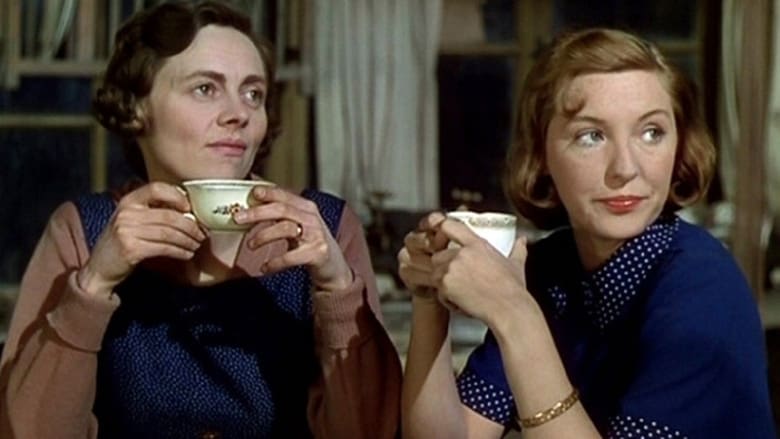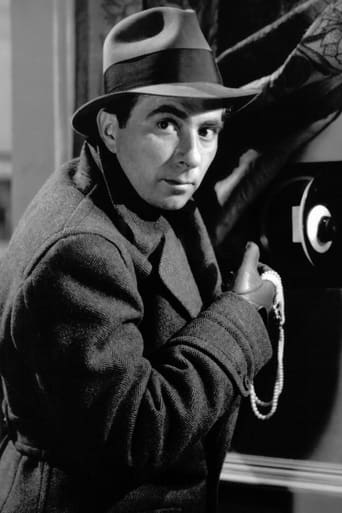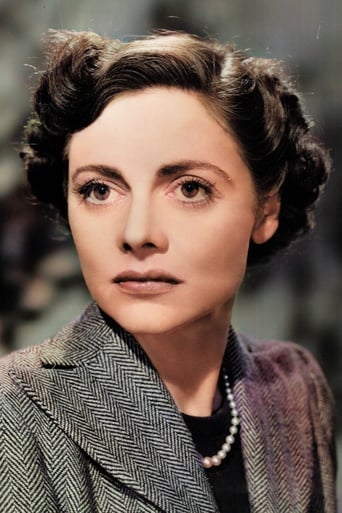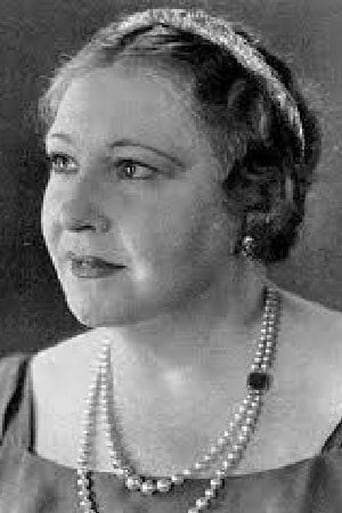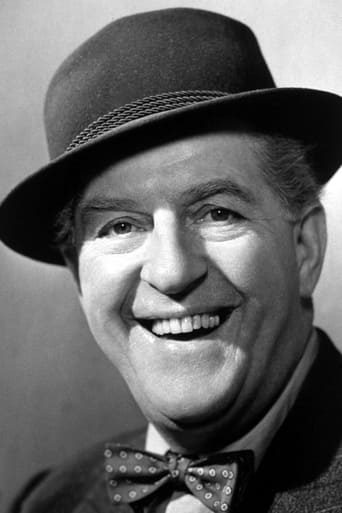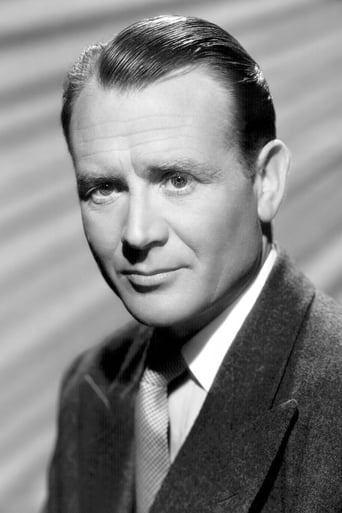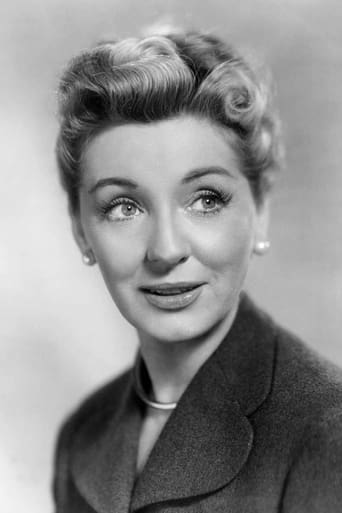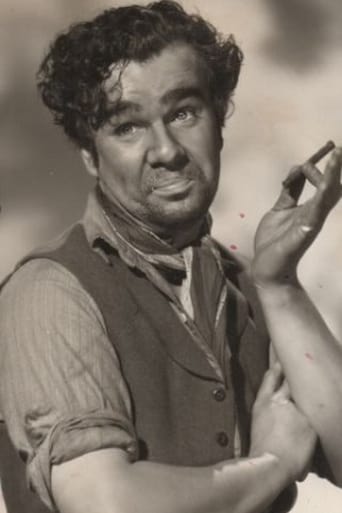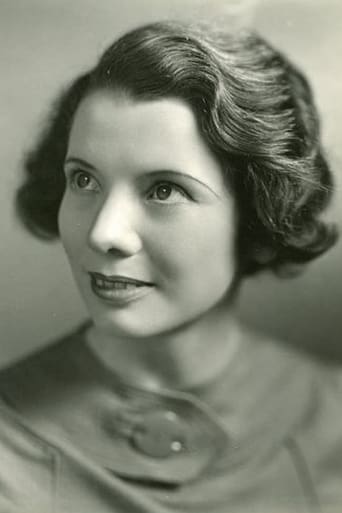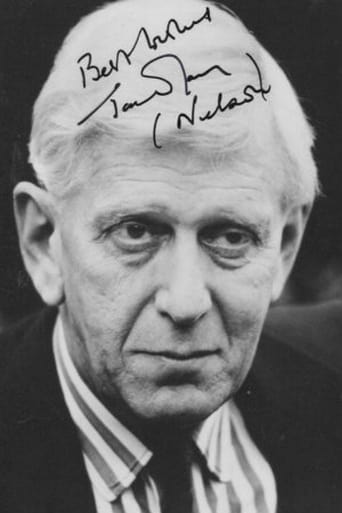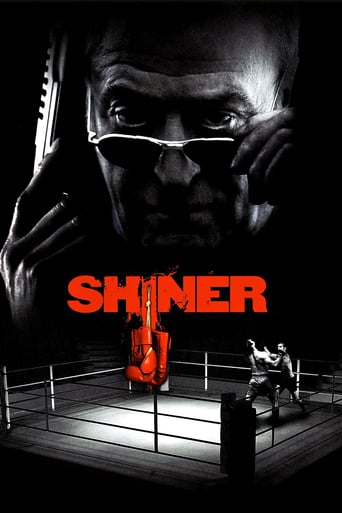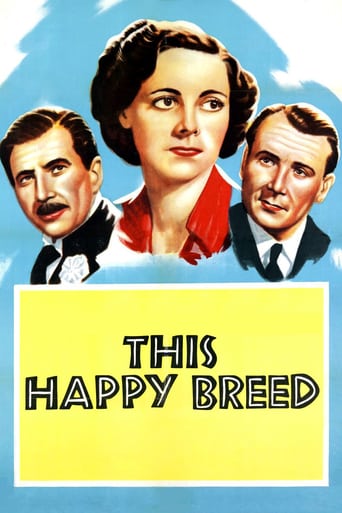
In 1919, Frank Gibbons returns home from army duty and moves into a middle-class row house, bringing with him wife Ethel, carping mother-in-law Mrs. Flint, sister-in-law Sylvia and three children. Years pass, with the daily routine of family infighting and reconciliation occasionally broken by a strike or a festival.
Similar titles
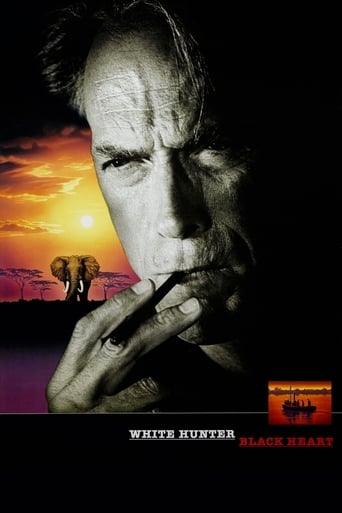
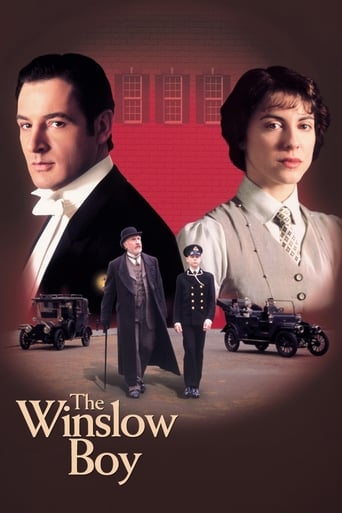
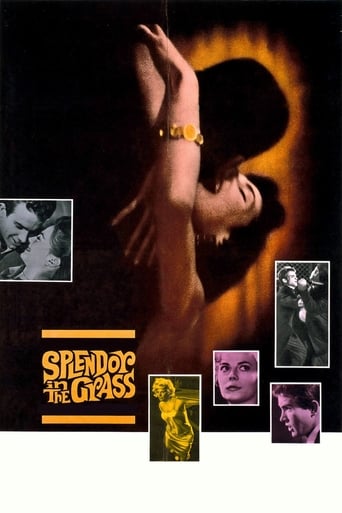
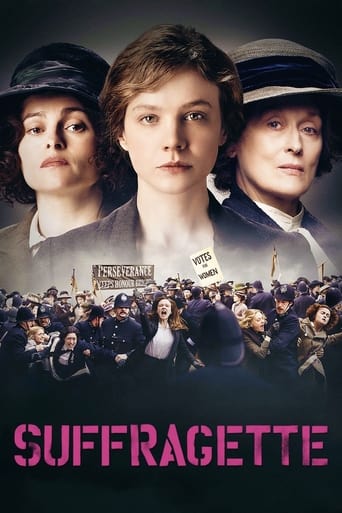
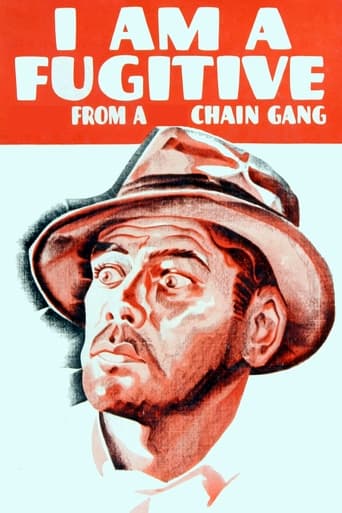
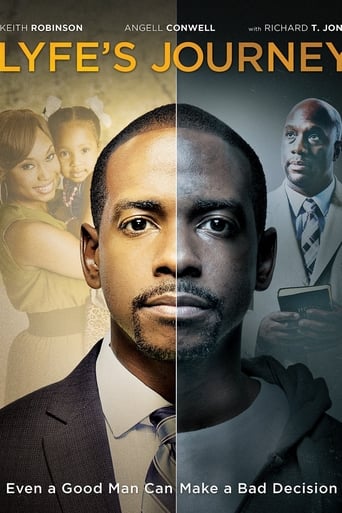
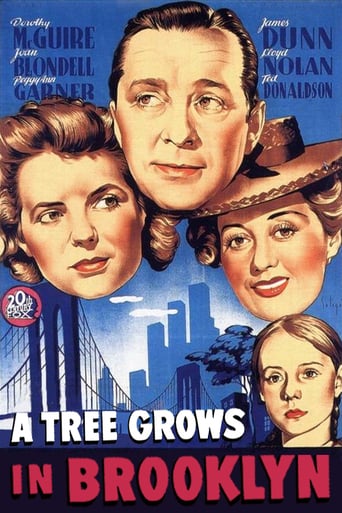
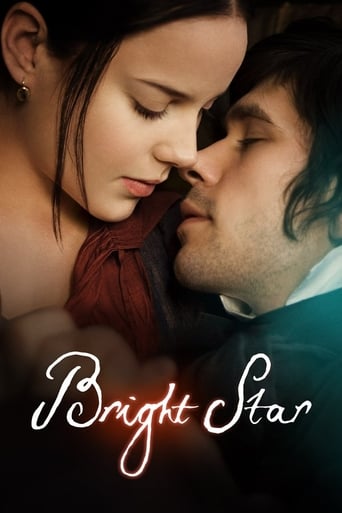
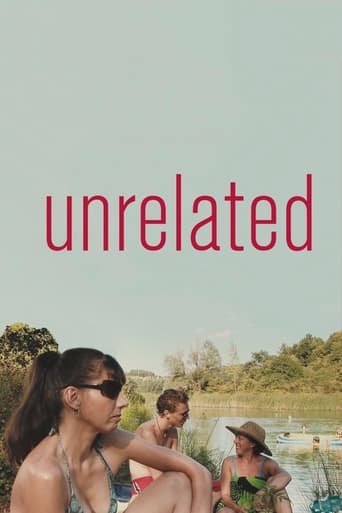
Reviews
It's entirely possible that sending the audience out feeling lousy was intentional
Good films always raise compelling questions, whether the format is fiction or documentary fact.
This is a small, humorous movie in some ways, but it has a huge heart. What a nice experience.
The story, direction, characters, and writing/dialogue is akin to taking a tranquilizer shot to the neck, but everything else was so well done.
As others have said, the story follows the Gibbons family in Clapham from 1919 to 1939. The central characters (the parents) are played stunningly by Robert Newton and Celia Johnson. Mr Gibbons is a bit like Polonius - always coming out with rather cliché'd advice. But his children hear his warmth and concern and support - which is what really matters. Mrs Gibbons is more acerbic and constantly trying to stop the others rowing.The old mother and widowed aunt are brilliant. Coward gets in some superb satire of both hypochondria and Christian Science (the aunt switches tack halfway through the story).I enjoyed the technicolour, because the clothes are PERFECT. For anyone interested in fashion history, this film has everything. The old mother, like Queen Mary, never updates her look from before WWI, favouring long skirts and "toques" (see Queen Mary's hats). The aunt is always slightly behind the times. Only Kay Walsh is slightly out of period - her Charleston dress has a waist! Tsk, tsk. And she can't quite bring herself to adopt the dated hairstyles that must have seemed frumpy to her. She's brilliant in her part, though, complaining that her family are "common".The left-wing views of the son, Reg, and his friend are sent up, but at the time it was the communists who fought the fascists, and the boys get beaten up in a clash with Mosleyites.Just one point - other reviewers from the States have called the family "middle class". This may be confusing for Brit readers - their classification is different! They are lower-middle-class: hard-working and aspirant. I've forgotten what Mr Gibbon's job is, but somehow it supports a house, three children, two relatives, a cat, and a maid. However, maids were cheap back then, and one woman couldn't have done the work of a house that size.We're told, however, that she gets help from her daughters (though not the parasitic relatives). The maid is a bit caricatured - maids were stock comic characters in 30s plays - but she is treated as one of the family and Mr G even helps her fold the tablecloth.The family don't exactly speak Cockney, just a bit "common". By the way, Noel Coward was not "patrician". Didn't he grow up in a family and house like this? He invented his aristocratic persona and accent. I don't think anybody really talked like thet!
It's the Technicolor photography which is the star of this family saga that covers the post World War I years through the onslaught of World War II, the day a family moves into a home where they live for 20 years. It surrounds the generation gap of a changing world, from the grumpy granny who rolls along like old man river (and always complaining that the family can't wait for her to croak) to her descendants in a changing view of romance, sex and family structure. Like the over-rated "Cavalcade", this glosses over much of its history, parodying bizarre trends, dances and ideals while philosophizing about death, man's corruption and the advancements in society, which includes the onslaught of talking pictures. The patriarch, played by Robert Newton, in particular, makes comments about how the blame for society has turned out goes way beyond the lawmakers and those in power.No one character dominates and some, particularly the older generations, are better detailed than others. In spite of the general lack of continuity, it is superbly directed by David Lean and lushly photographed by the future director Ronald Neame. The ultimate message of the film is that as everything changes, nothing changes.
The film is really about the evolution of a country between times of war, set against a families own personal ups and downs. The most dramatic events happen off screen. All deaths happen either off screen and many between different time periods, as do marriages and other "main" events other films would exploit. It captures the constant momentum of life in a very slow and thoughtful manner. Lean and Coward once again make a brilliant team with Lean's direction being the most ingenious counterpart to Coward's words. It sometimes feels not adapted enough from its stage play origins, and sometimes feels a bit too patriotic though it certainly offers up different views from different characters. It shows the constant worries of parents in a supposedly less dangerous time. It works as a very English drama and is powerful in that repressed kind of way. Lean's first use of colour is a triumph and there are some amazingly beautiful moments that will be forever eclipsed by his more obvious epics. The parents wondering back into a room in silence at some tragic news is wonderful cinema.
A wealthy public schoolboy was asked by his English teacher to write an essay on the subject of "Poverty". He began his essay thus. "There once was a poor family. The father was poor. The mother was poor. The children were poor. Even the servants were poor". Seeing "This Happy Breed", which tells the story of a working class London family between 1919 and 1939, put me in mind of this old joke. You can tell the family are supposed to be working class as they all talk in not-always-accurate Cockney accents, but given that they live in a solid Edwardian villa in the prosperous South London commuter suburb of Clapham, the sort of house which today would sell for over half a million pounds, and even employ their own live-in maid, they are not the sort of people whom anyone other than Noël Coward would regard as belonging to the downtrodden masses. Apart from Edie the maid, the household includes paterfamilias Frank Gibbons, his wife Ethel, their three children Reg, Vi and Queenie, Frank's widowed sister Sylvia and Ethel's elderly mother. Another important character is their neighbour, Frank's old army friend Bob Mitchell, whose sailor son Billy falls in love with Queenie. We follow the story of the Gibbonses between the wars, with occasional reference to political events (the Empire Exhibition of 1924, the General Strike of 1926, the rise of Nazism, etc). Although the film was made in 1944 during the war, the play upon which it is based had been written in 1939, shortly before the outbreak of war, and it ends with Frank and Ethel's retirement to the countryside. Rather surprisingly, there is no attempt to turn Coward's play into a piece of direct wartime propaganda by changing the ending to show the Gibbonses staying in London throughout the Blitz. (The nearest to a direct reference to the war comes in a scene set in 1938 when Frank criticises Chamberlain's policy of appeasement, and the pro-appeasement, anti-war ideas which Coward despised are discredited by being put into the mouth of the eccentric Sylvia, a hypochondriac and religious fanatic). Rather, the filmmakers use the story to put across an indirect propaganda message, showing the supposed courage, determination and good humour of ordinary British people, albeit not in a wartime setting. The title, a reference to the English people, is taken from John of Gaunt's famous patriotic speech in Shakespeare's "Richard II". The film was, rather unnecessarily, made in colour. Technicolor film was something of a luxury in the wartime British cinema, generally reserved for spectaculars like Olivier's "Henry V", so I was surprised to see it being used for a low-key domestic drama. The film would have worked just as well in black-and-white, a medium in which its director David Lean could work brilliantly. There are no bright colours; most scenes are of domestic interiors, decorated in the drab brown-and-cream colour schemes of the twenties and thirties. This was Lean's second film as director; all his first four were based upon works by Coward. (The others were "In Which We Serve", "Blithe Spirit" and "Brief Encounter"). Lean is today probably best remembered for large-scale epics like "Lawrence of Arabia" or "Dr Zhivago", but his early work from the 1940s is very different in style, being made in a much more intimate, small-scale manner. Lean could be a master of this style; indeed, I would rate his two Dickens adaptations of "Oliver Twist" and "Great Expectations" as being among his greatest works. "This Happy Breed", however, is one of Lean's weakest films. Its weakness is only partly due to Coward's patronising and unrealistic view of the man or woman on the Clapham omnibus. (He was much more effective when writing about the aristocracy or wealthy classes). The acting is not particularly good, despite the presence of well-known names such Robert Newton as Frank, Celia Johnson as Ethel and John Mills as Billy. Mills, at 36, seems far too old for the youthful Billy of the early scenes; as often happens with family sagas, dealing with characters who start off young and end up middle-aged proves to be a problem. Guy Verney, who plays Vi's Socialist husband Sam Leadbitter, struck me as being particularly poor. His Cockney accent was the least convincing on display, and although Sam is supposed to be a revolutionary firebrand his political speeches are delivered in a wooden manner. Things could have been worse; Coward apparently wanted to play Frank himself, as he had done on stage, but was dissuaded by Lean who felt (probably correctly) that audiences would be unable to accept the patrician author as a working-class character.The other problem with the film is its disjointed, episodic structure. I do not know how this would work on stage, as I have never seen the play in the theatre. (It is rarely performed nowadays). On screen, however, it has the effect of turning the story into a series of vignettes, meaning that there is no real sense of character development and that potentially interesting themes are wasted without their full dramatic potential being realised. An example is Queenie's affair with a married man, which is dealt with in a very perfunctory manner; we never see her lover on screen, and never even learn his name. In 1944 a film like this might have had a certain appeal, if only for its feelgood factor. Today it comes across as very dated. 5/10 Some goofs. Given that the film was made only a few years after the events is depicts, I was surprised to come across a couple of historical errors. In reality, the formation of Britain's National Government (1931) took place before Adolf Hitler's election as German chancellor (1933), not after it as shown here, and the full name of Oswald Mosley's movement was the "British Union of Fascists", not the "Fascist Party of Great Britain".
Top Streaming Movies











